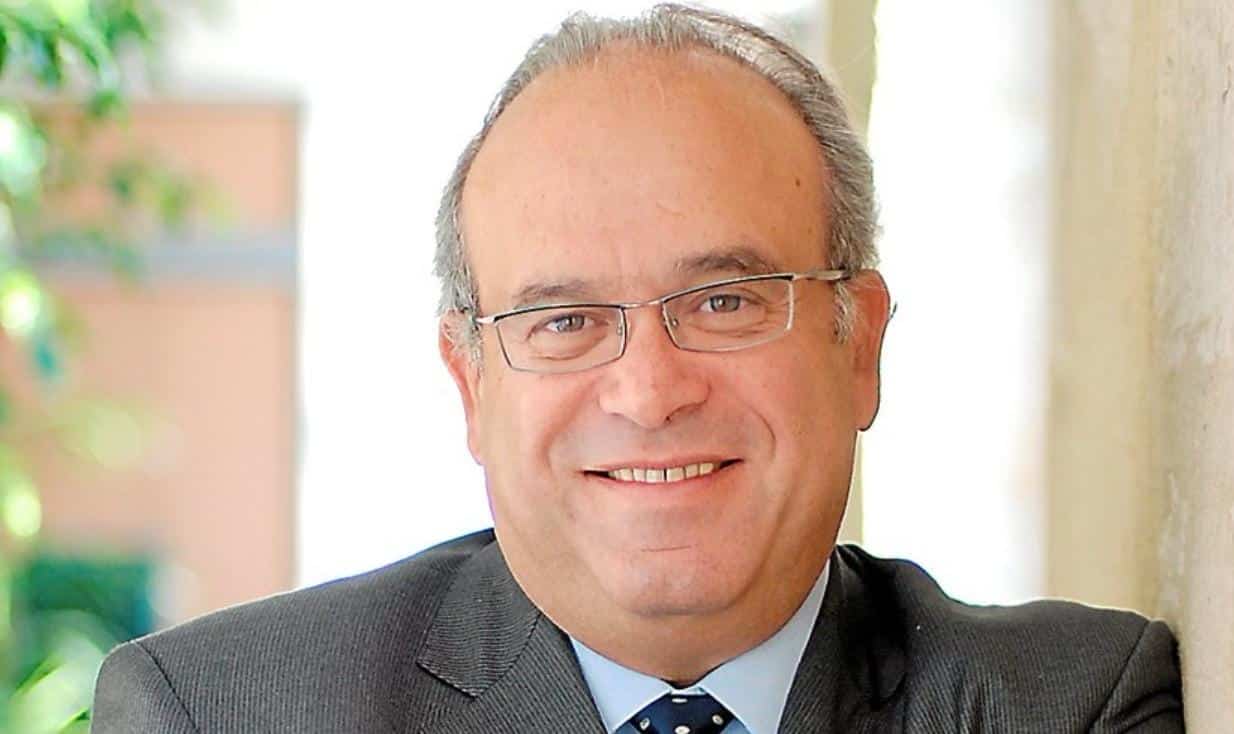Alternative smoking methods may reduce carcinogen exposure, expert says

Professor David Khayat, leading French oncologist
MANILA, Philippines – A leading French oncologist said alternative smoking methods could reduce the body’s exposure to carcinogens as he pushed for harm reduction strategies in tobacco control.
Professor David Khayat told the Cypriot newspaper Phileleftheros that traditional anti-smoking policies have been ineffective, citing the steady 1 billion global smokers that existed between 1990 and 2019.
He argued that transitioning smokers to smoke-free alternatives could lower cancer risk.
“If we look closely at the statistics, we will find that in the coming years, we will have 60 million deaths worldwide due to lung cancer. Let’s do something to prevent that,” Khayat said.
Anton Israel, president of the Nicotine Consumers Union of the Philippines, echoed this, saying that smoking, not nicotine, is the primary issue.
“We have achieved new smoke-free technologies that remove the harm from nicotine consumption. Products such as e-cigarettes, heated tobacco, and nicotine pouches reduce consumers’ exposure to carcinogens substantially,” Israel said.
Khayat clarified that nicotine does not cause cancer, with carcinogens stemming from the burning of tobacco.
The burning of tobacco, which occurs in conventional cigarettes, produces thousands of substances. A percentage of these are carcinogenic.
He said heated tobacco delivers nicotine with significantly reduced harmful substances compared to traditional cigarettes.
Khayat said smoke-free technologies give the user the satisfaction that a smoker feels, but the percentage of harmful and carcinogenic substances that reach their body is reduced.
He cited many scientific studies showing that the number and concentration of substances produced from smoking have to do with the high temperatures that occur during combustion.
Khayat also criticized the World Health Organization’s stance against harm reduction, suggesting a shift toward pragmatic solutions and warning that obesity may soon surpass smoking as a leading cancer risk factor.
Khayat emphasized that harm reduction, as seen in the United Kingdom, acknowledges the difficulty of eliminating risky behaviors and aims to mitigate their effects.
More than 64 percent of people who smoke and develop cancer do not quit and continue, he said.
“That’s why what I do and recommend now for those who don’t quit smoking is to try to reduce the harm it causes. This could potentially be achieved through alternative smoking products,” Khayat said.
Khayat stressed the potential for alternative products to transition smokers away from cigarettes, urging for regulatory frameworks that balance access for smokers with preventing youth uptake.
“The goal remains smoking cessation. But because there will always be some who do not quit, we must include harm reduction in our efforts. The fewer carcinogens that enter the human body, the smaller the harm,” Khayat said.
He said if all smokers who do not quit smoking realize that there are better alternative options than cigarettes, and more people make the change, “then we will gradually see the effects on public health.”
As global discussions on tobacco control intensify, tobacco harm reduction is expected to be a key topic at the upcoming WHO Framework Convention on Tobacco Control Conference of the Parties (COP 11) in Geneva in November.
Advocates hope that policymakers will consider real-world evidence on the benefits of reduced-risk products rather than imposing broad restrictions that could hinder smokers from accessing safer alternatives.